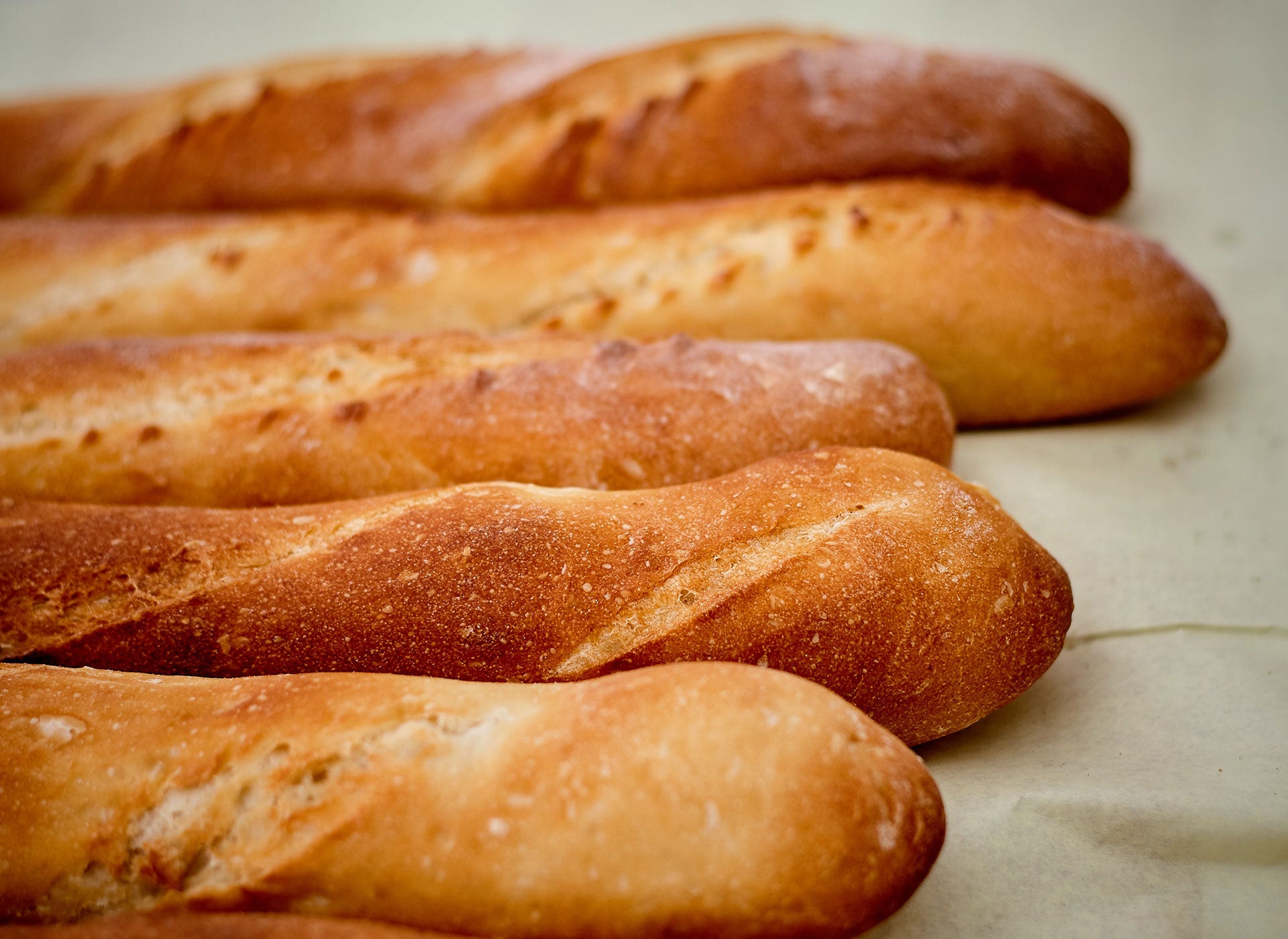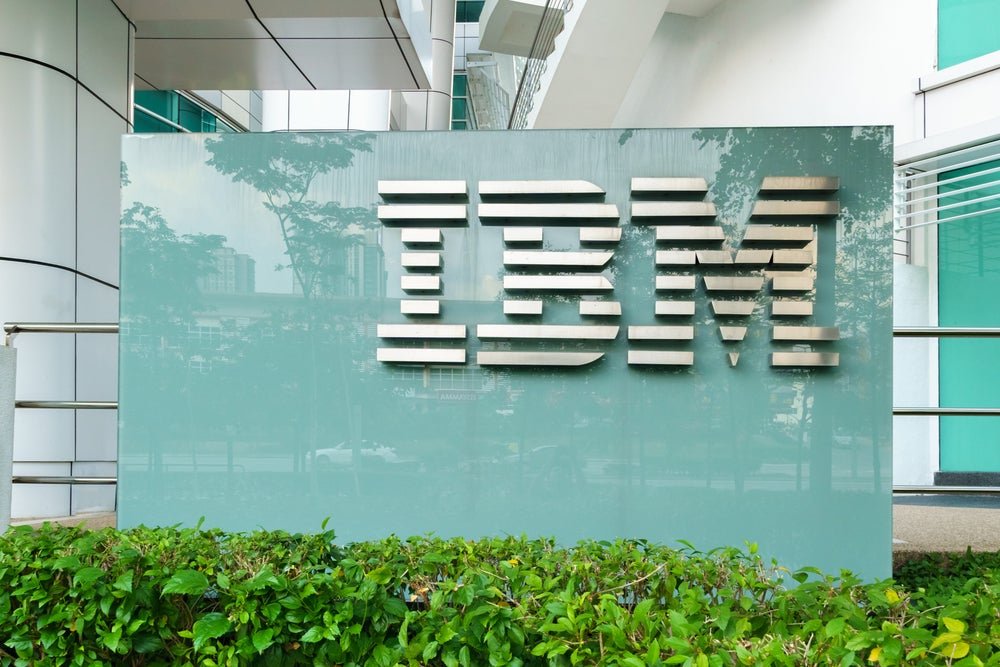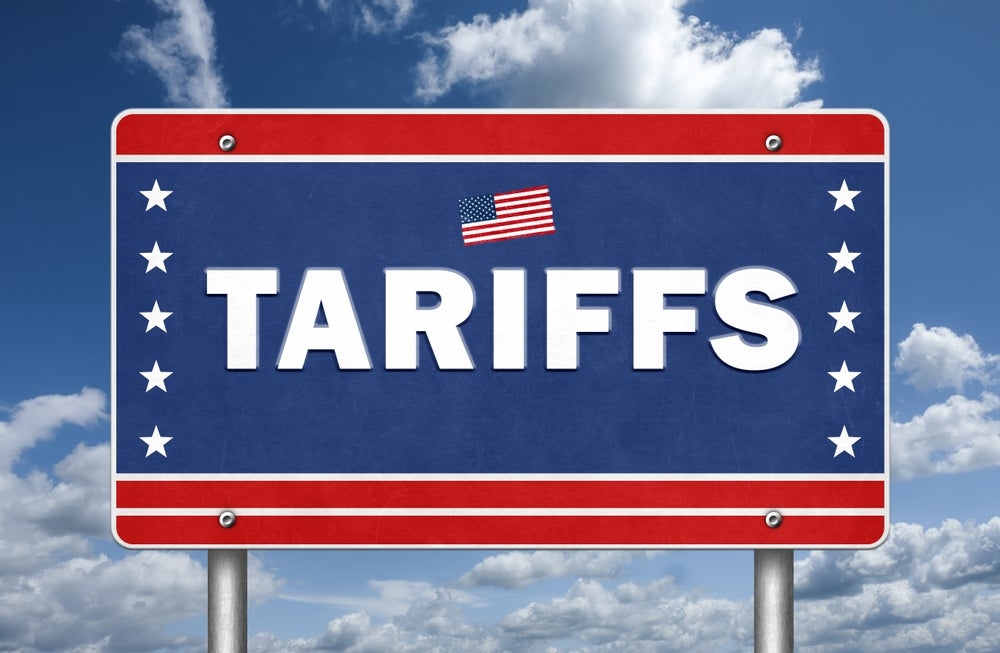
While the coronavirus has hit the bottom lines of many companies, it has also had an impact on some of those in the tech for good space, including London-based Food Drop.
“Food Drop is a tech platform that connects stores with unsold food to local charities,” Everest Ekong, CEO and co-founder, and Miranda Khamis, COO and co-founder, tell Verdict.
“Charities can collect food for free, typically at the end of the day from partnered stores. Not only does this prevent food waste, but also ensures food goes to those in need.”
This works using an AI food surplus assistant known as Melony, which operates on Whatsapp to help charities identify surplus food and book and manage collections. For retailers, it makes the process of managing surplus food easy, by monitoring it in-store and connecting them to charities.
A part of the East London Innovators network run by Here East, Food Drop has had considerable success with its tech platform, connecting organisations such as homeless charity St Mungo’s with surplus food from companies such as Pret a Manger.
However, the coronavirus has caused considerable upheaval for Food Drop, as while the cafes the organisation sources surplus food from were closed, but the need from charities remained.
“All of our partnered stores closed during lockdown, they are now slowly reopening for delivery and collection,” say Ekong and Khamis.
“Unfortunately, this meant many of our charities were unable to collect the food they had been accessing weekly during this period. However, we did help all our partners to get as much food as possible to local charities before they shut.
“Following the closures, we have supported two of our partners organise collections and deliveries to charities from their distribution centres. This has minimised the charity’s travel time, and ensures much vaster amounts of food and drink have reached those in need.”
Re-tuning Food Drop amid the coronavirus
Effectively adjusting to the problems the coronavirus presented required Food Drop to adapt how it works for these changed times.
“We have adapted the platform following lockdown in many ways. The platform has been re-engineered to maximise allocations for sporadic one-off donations of surplus food from our partners,” say Ekong and Khamis.
This has included dramatically cutting the time between a charity first enquiring about accessing food, and making a collection.
“The onboarding and booking process for charities has been improved to make it as easy as possible for them to access available food. The process previously took charities a couple of days to complete as they waited for their details to be verified, selected their potential collection spots, and then waited for this to be confirmed,” they explain.
“The platform provides an integrated process now, so this all happens in real time, we validate the data during the application process, and confirm availability in a matter of minutes.”
Food Drop has also cut the time it takes for charities to be notified.
“We have increased our communications with charities, they now receive an alert in their inbox, as soon as food local to them has become available,” they say.
“Just before the lock down we had launched in Liverpool remotely and were preparing to launch in three more cities. This provided us with experience we were able to apply.”
Partnering with McDonalds
Amid the coronavirus, the Food Drop also worked closely with fast food giant McDonalds, by creating a custom platform enabling charities to access unsold chilled and non-chilled products, including bread buns, from the chain.
“It has been great to work so closely with a company committed to supporting the local communities they work within,” say Ekong and Khamis.
“We have created and distributed two platforms for McDonald’s. The first connects any McDonald’s restaurant in the UK with surplus food to a local charity, this platform has been running for over a month. The latter coordinates charity collections and deliveries across distribution centres.”
This has been launched rapidly during the pandemic, with Food Drop crediting its tech mindset to its ability to move so speedily.
“As a tech startup we have been agile and quickly adapted our services to support our retail partners and charities,” they say.
“This has ensured close to a million food and drinks items have been redistributed to charities, the NHS and care services thus far.”
Advancing technology during the pandemic
Food Drop has not only advanced its existing technologies during the coronavirus, but has also launched a new technology, in the form of interactive voice response (IVR), which is designed to help improve the organisation’s capacity to take calls from charities.
“Charities can call the Food Drop support line, and quickly receive the tailored help they need. Not only has this improved their experience, but it has also helped us as a small team to manage the influx of calls we now receive daily,” say Ekong and Khamis.
“As a team of three, we have been able to co-ordinate the redistribution of surplus food across the UK. remotely by utilising technology. We are always on the lookout for new tools we can apply to our work, to improve our platform and our day to day work.”
Looking ahead, Food Drop plans to build on the efforts it has made during the coronavirus.
“We continuously look to improve the efficiency and effectiveness of our platform, to provide a system that works at scale,” they say.
“Coronavirus has brought forward some of the operational developments in our pipeline, to meet the growing needs of our retail and charity partners. For example, the new onboarding system and the IVR system for charities.
“In the future, we continue to strive to enhance the system and adapt to the needs of retailers and charities.”
Read more: Coronavirus case studies: How FruPro is fighting food waste







